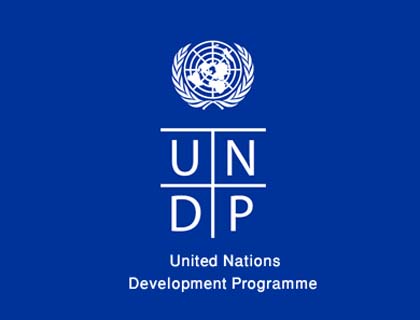 The United Nations Development Programme (UNDP) has expressed satisfaction at the restoration and conservation of the Weto Range in the Volta Region.
The United Nations Development Programme (UNDP) has expressed satisfaction at the restoration and conservation of the Weto Range in the Volta Region.The Range is described as a biodiversity ‘hotspot’ for Ghana with potentials of promoting eco-tourism and helping sustain the country’s economy.
Mr Bossman Owusu, UNDP Communication Analyst, in an interaction with some representatives of groups working to restore the Range at Bame, near Ho, said his outfit was happy the Range now had wide and thick forests with communities along it enjoying harmony with nature.
Human activities, including unsustainable farming practices and bushfire had degraded the Range since 1983 but the UNDP with support from Japan Biodiversity Fund and Global Environmental Facility, supported community-based projects in 2012 to reclaim it.
The local project coordinators told a UNDP team that in the past two years, there was no bushfire in the Range and some wild animals, including antelopes and monkeys could now be found in the forests.
Mr Divine Odonkor, Secretary, Weto Platform, said streams, which had dried were now flowing and that some medicinal herbs could now be found in the Range, portions of which were now sacred groves.
He said the greening of the Range begun after the locals were introduced to bee-keeping, animal rearing, and development of plant seedlings for sale.
Mr Odonkor explained that the livelihood projects encouraged the locals to resist activities, which degraded the Range.
He said the project was promoting organic farming in the areas with animal droppings being used as manure and the bees helping in the pollination of crops and plants.
Madam Paulina Kropa, 52, a beneficiary of the bee-keeping project, told the Ghana News Agency that the project made it possible for her to support her family and pay the school fees of her six children.
Mr Owusu expressed his elation that the projects, aimed at weaning the locals off activities that degraded the Range were yielding the expected results.
He asked young people who left communities along the Range for jobs in urban centres to return and take advantage of opportunities there to enhance their lot, while they enjoyed the ‘rich environment.’
The Weto Range is a trans-boundary mountain, which extends from Aburi in Ghana through Amedzofe in the Volta Region of Ghana to Atakora in Benin. It is often referred to as the Akwapim-Togoland Range.
UNDP Global Environment Facility (GEF) is supporting the Weto Platform, a group of local institutions, to execute conservation and livelihood projects in 40 communities along the Range from Asikuma in the Eastern Region through Fume to Nyagbo-Sroe, in the Volta Region.
Source: GNA























